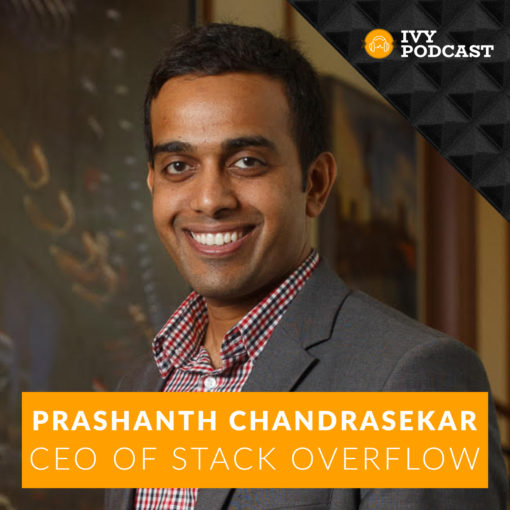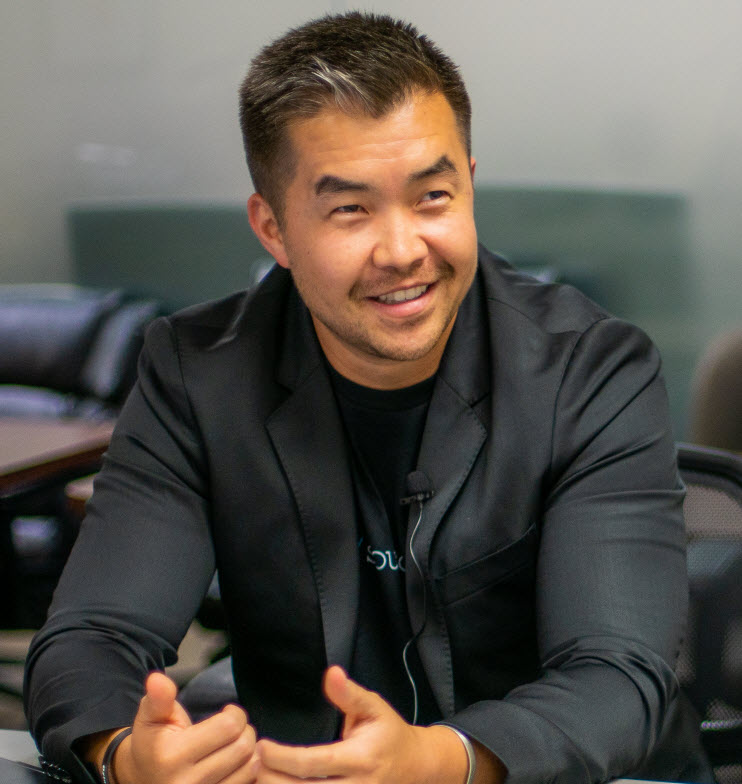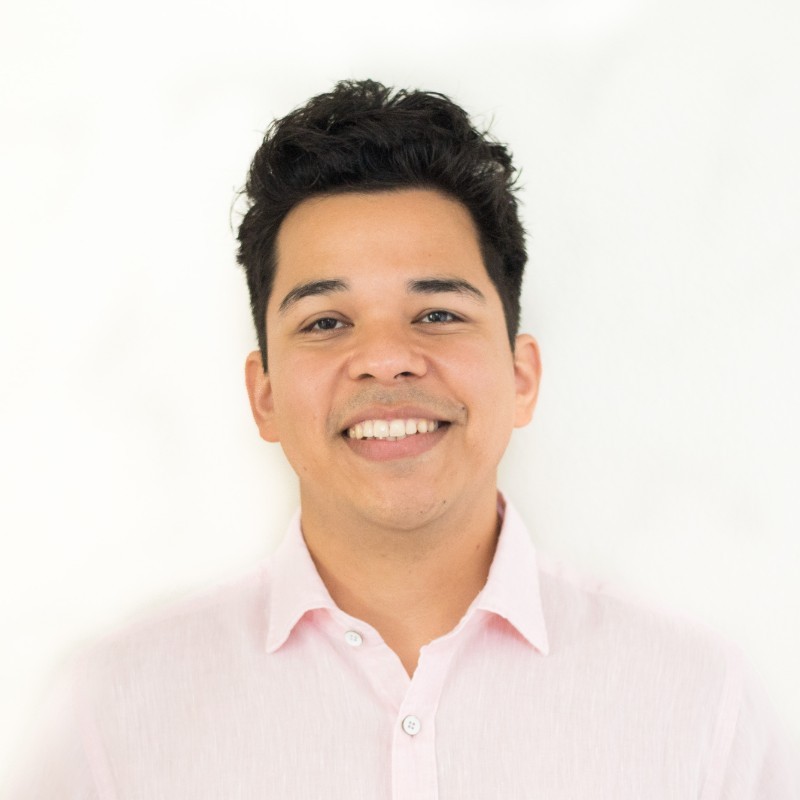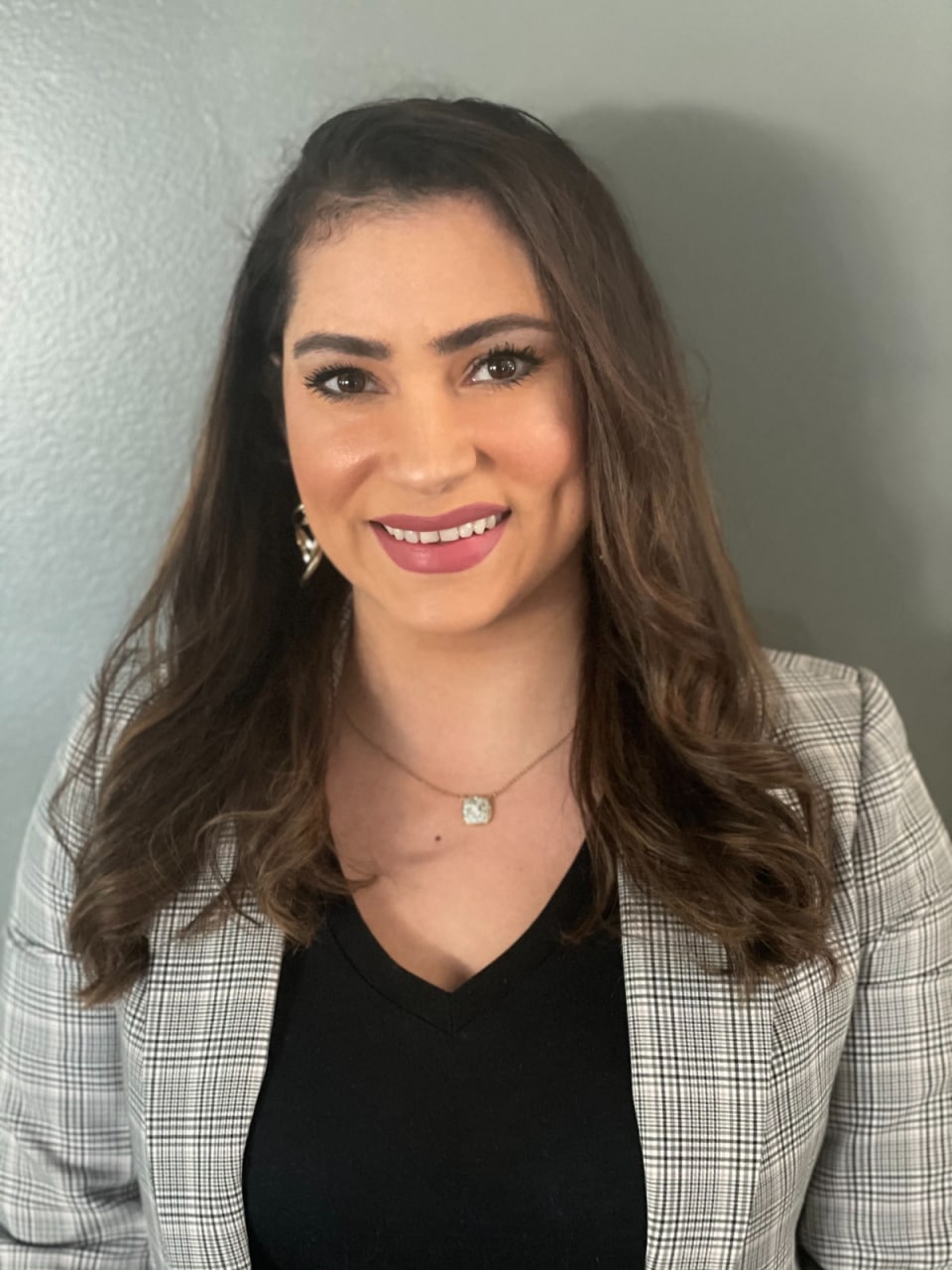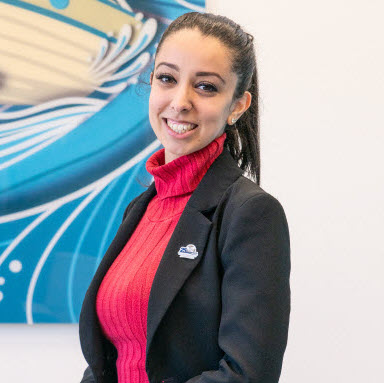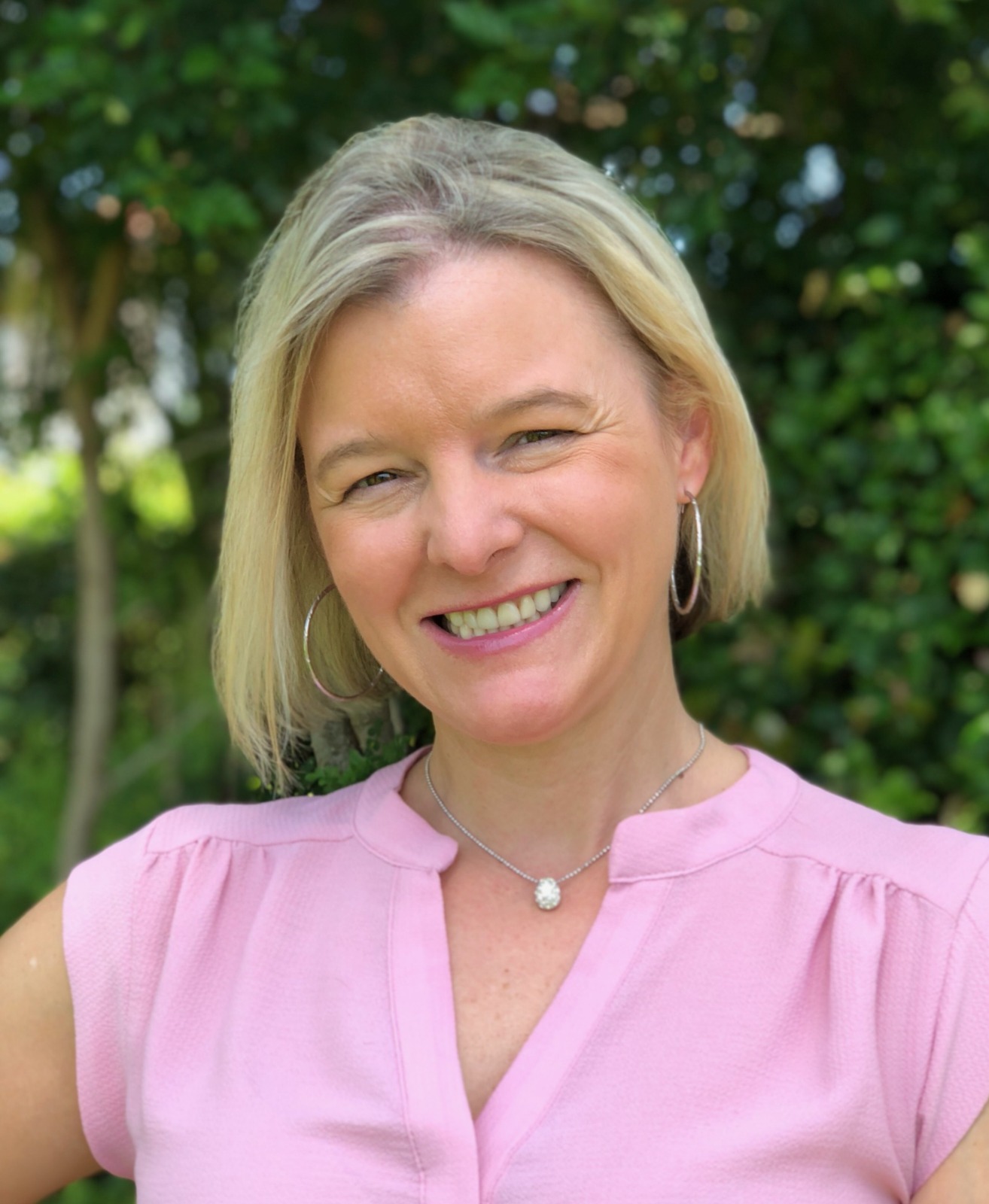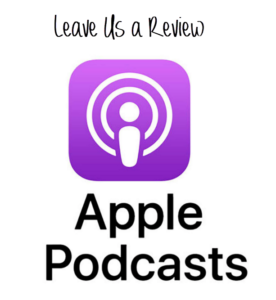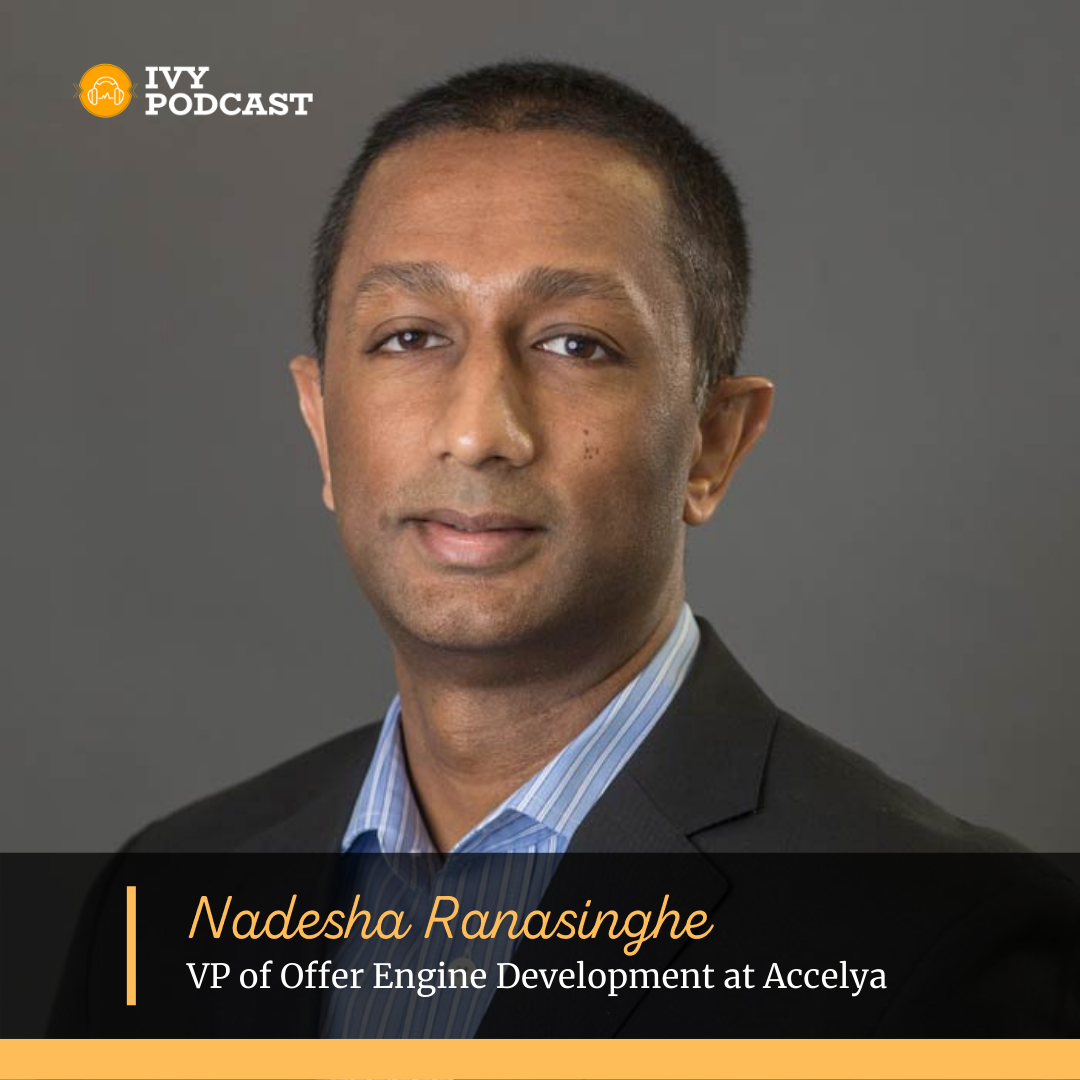
Nadesha Ranasinghe, VP of Offer Engine Development at Accelya, oversees the architecture, development, delivery, and optimization of Accelya Offer Engines (FLX Merchandise, FLX Shop and Price, FLX Availability Calculator, and FLX Schedule Builder), ensuring all engines are highly performant and ready for massive scalability.
Nadesha joined Farelogix in 2009 as a database administrator and was promoted within a year to Director of IT, a role he held until he was appointed VP of Offer Engine Development in 2018. As Director of IT, Nadesha focused on infrastructure operations, ensuring that all critical technology environments – including the systems hosted at the offsite data center, databases, and network infrastructure – were operational 24/7 x 365. He also led change management, orchestrating the release of new code into different environments, including QA, UAT for customer testing, and Production; and ensuring the scalability of key technology platforms. Nadesha was also responsible for the company’s security infrastructure, ensuring compliance with all industry security mandates, and implementing state-of-the-art internal security controls to prevent breaches. Under his guidance, the IT team also managed the development of the Data Tier of Farelogix’ flagship technology, ensuring a seamless interface between applications and databases using its Open Connect. Nadesha led the support team as well as local and offshore help desks; was responsible for maintaining the QA platform used by other stakeholders at Farelogix for testing; and guided the company’s BI and Data Science efforts.
Prior to joining Farelogix, Nadesha was a software specialist at the University of Miami and held several other roles in project management and database engineering. He has a B.Sc. in Computer Science and an MBA in Management Information Systems from the University of Miami.
Episode transcription:
[00:00:00] Nadesha Ranasinghe: One topic. I think that's pretty important for us. That is something we've been focusing on is just optimization. So if you write your own applications, it's something that you have full control over. Then by going back and taking a look at your application and seeing whether Al algorithms can be optimized.
[00:00:20] We are finding that, you know, there's potentially massive savings there, right? Because if we can take our code and optimize it and maybe make it run 20, 30, or maybe even 50% faster, what that does is it saves us 20, 30, 40, 50% on our infrastructure or cloud hosting costs. So I think it's something that, you know, everyone should kind of be.
[00:00:40] Taking a look at it from at least the executive should be taking a look at it from that perspective, because it's, it's pretty powerful.
[00:01:11] Hi, I'm Natasha Rhonda singer. I'm the VP of Offer Engine Developmen at Accelya.
[00:01:17] Jahn Karsybaev: Thanks so much for finding time, joining us on the Ivy Podcast today. You know, we're glad to connect with you at the beginning of the year, start of the new periods, you know, try to put that whole pandemic, everything behind us.
[00:01:31] Tell us a little bit more about yourself, about your background, and then, I want to spend a couple of minutes talking about where you're currently working on.
[00:01:38] Nadesha Ranasinghe: Sure. Sure. And thanks, Jahn, for hosting me here. I sincerely do hope 2021 is going to be completely different from 2020. I can tell you from a travel industry perspective, that's where we work in the travel space, we are seeing things, you know, getting a little bit better, but it's a long road to recovery.
[00:02:00] I think for us, just in terms of, you know, getting everyone comfortable with flying, getting business, traveling back to where it needs to be, but we're optimistic that 2021 starts that journey for us.
[00:02:11] So my background really, I'm kind of all over the place. I just like technology. But I really was specializing in database, specifically Microsoft SQL server back in the day. That's when I joined Farelogix as a database administrator, and then shortly thereafter took over the IT department responsible for everything, disaster recovery data center network, all of those operations are our help desk. And then finally, a couple years ago, I took over the offer engine development team. So we do all of our development is CC plus plus high performance, processing for airline engines.
And it's been a great journey.
[00:02:56] Jahn Karsybaev: Oh, that's super exciting. And you know, there is definitely a very diverse background that you have congrats on all the successes and for our listeners. Fair logic. So we actually hosted Manish Nagpal in 2019. So this is a great, you know, a great segue to talk a little bit more about how much has changed, how much has transpired a lot of change for you guys as a company and kind of for you as a leader to go through so many, so many changes and transformations, definitely excited about that. Tell us a little bit more about the Farelogix just in general and then with your guys' merger with Accelya Group.
[00:03:34] How did that impact the overall, just, you know, from culture standpoint, from organization and for you as a leader, what are the different strategies that you're deploying these days to make sure that you preserve that kind of that startup mentality?
[00:03:48] Nadesha Ranasinghe: Sure. So, I think when I joined Farelogix we were maybe 40, 50 people.
We grew over the years to just around 300 people before the acquisition. [00:04:00] So it was quite the growth, but we still managed to maintain that sense of culture, that sense of family that we had from the initial days. And I think that's been key in hiring talent, in retaining talent.
[00:04:13] People just liked working here. It's a nice place to work as a fun place to work. We have a lot of smart people that are very dedicated to their jobs. And you know, that you just see it in how everyone interacts with each other. You see it in the work that we produce. And I think after the merger, we're obviously a much larger company now, in the thousands of employees globally, but we've managed to still maintain that feeling of Farelogix here, within Miami.
[00:04:46] So Miami will be one of our headquarters, one of the accelerator headquarters going forward. So we've retained the same office, although that, you know, is a dynamic situation given, just office space in general and what companies are doing. But yeah, we've managed to retain the same few, most of the same team is here.
[00:05:04] We're still doing a lot of the same kick ass work that we were doing before, so it's, yeah, it's great.
[00:05:11] Jahn Karsybaev: That's awesome. That's awesome. That's great. Then, you know, I interview a lot of executives from different companies, different sizes, and we talk about that a lot, especially, you know, post acquisition, pre acquisition, right.
[00:05:20] The different strategies, especially if you go from, you know, through this hyper hyper growth mode, a lot of times, for example, especially become a challenge of how to really preserve your, that type of culture, that mentality that you had started out with. So that's pretty exciting.
Speaking of cultures in terms of building and fostering that culture of innovation. I'm pretty sure for you as, you know, IT executive that's at the forefront, that's, you know, something that's part of your strategy, part of the continuous overall leadership for you.
[00:05:56] As a thought leader in this space, share with us any initiatives or strategies that really help you develop, foster and build that type of culture of innovation, any practical experience or any practical strategies you can share with us.
[00:06:13] Nadesha Ranasinghe: Yeah. I mean, that's great. That's a great question. It's obviously something everyone wants to do. We implemented just company-wide. There's process called a DNA interview. So we have technical interviews with hiring managers and then there's a panel across the company that does what we call the DNA interview.
[00:06:35] Funny enough, we did have one person that thought this was an actual DNA test and they were a little freaked out, but they calmed them down. But what it really is we're just looking to see, are they going to fit because we're, you know, 150%. Our logic CEO, Jim Davidson, we had this thing called Run Hard and we were just running hard all the time, but we also like to have fun.
[00:07:00] We also like to hang out with each other and we just want to make sure you know who we're bringing on. They're going to be able to fit, and they're going to be able to handle that. That was one thing we did across the company. The other thing I find that's important across the teams is never to stifle that feeling that something is possible. So, you know, a lot of times people get kind of caught up in, this is something that's impossible. This is something that can't be done. And here's a white paper showing why can't be done. And here's an article showing why it can't be done. I'm not interested in any of that.
[00:07:33] Let's figure out how to get it done, right. Because I'm sure if you go back to the 18 hundreds, there were people saying, Oh yeah, well, you know, cars or whatever, we have computers. That's impossible. That's never going to happen. Right. But look at us now. So it's the same thing. It's just getting people to get outside of their frame of mind of where they may be stuck in thinking something is not possible.
[00:07:55] And let's take a look at it. Let's see how we can make the impossible possible.
[00:08:00] Jahn Karsybaev: Oh, I love that. And you know, the quote that you mentioned from you guys, a CEO running hard, I think that's, you know, carries a lot of meaning to this, especially when you're starting, just starting out and building a particular product or service.
[00:08:13] It's important to hit the ground running and start executing. And they're really kind of figuring out the things on the fly in terms of what are the different improvements and stuff like that. And because, you know, talk is cheap. It's, you know, it will all come together as you start executing so that makes sense.
[00:08:28] That definitely resonates from an innovation standpoint. Exactly. Pretty sure, you know, you read a lot of your research a lot, and you know from my perspective, I'm just very entrepreneurial in nature, you know, I found a different startups, and a lot of my circles. So, you know, they start, founders, executives, you know, from that standpoint.
[00:08:51] So one question that I'm very passionate about. So I talked to a lot of my guests on a podcast is what are the different ideas and trends that really excite you these days? What do you think is the next big thing? What are you researching these days? It doesn't necessarily have to be about your company or your industry just curious, you know, from your perspective.
[00:09:12] Nadesha Ranasinghe: So, a couple of things in the industry in general, at least the travel industry, I think we're going to see a much larger portion of data science and AI. There has been a push. We've done some continuous pricing, implementations with a few carriers. So we're kind of seeing that, you know, carriers are kind of warming up to this, this period also where, you know, there's not that much people flying is also, we've seen as appeared where the carers can kind of experiment because there's not as much revenue on the line, as it previously was when things were this gangbusters and everyone was flying. So I think we are going to see a definite, a definitive push into that space.
[00:09:53] I mean, everyone's, you know, big data, data science, those are hot topics these days. Personally, I think, usage of blockchain in general. I think that's something interesting. I'm sure you hear it. Everyone starts talking about it, but there's just, I mean, we haven't tapped the surface of what can be done with blockchain.
[00:10:13] So when we really start getting into some of the implementations, how this stuff works, there's a bright future in blockchain, just across industries.
[00:10:23] Jahn Karsybaev: [00:10:23] I love it. You know, you and I can probably just talk the rest of the episode about that because crypto is something that I'm extremely passionate about.
[00:10:29] I researched that a lot. I invest in it and it's definitely our groundbreaking, you know, overall, even methodology from that standpoint, just having that kind of the crypto as the exit from the traditional finance industry overall. I think that's pretty exciting just to experience that.
[00:10:51] And we've seen some crazy trends, you know, in the last couple of weeks, how it's, you know, I think quadrupled in value just from Bitcoin perspective. It's super exciting just to watch that. So definitely resonate with kind of what you're talking about.
You briefly mentioned something around the leverage of advanced tech, such as, you know, AI machine learning as part of the innovation strategy, you know, these are the buzz words that are very hot these days and the concepts, you know, have been around for a very long time.
[00:11:27] It's just, I guess we'll label them a little bit different these days from your perspective. You know, talking about them, marketing, PR. It's great. But when it comes to actually implementation of such technologies, it is a completely different story. So for you as a tech executive, any insights or practical strategies on what to avoid or what's actually to do when it comes to implementing and leveraging advanced technologies as part of your technology operations.
[00:11:56] Nadesha Ranasinghe: So I think what's important is to define a problem, right? So to find a problem that you're trying to solve, and then, we have talented data scientists that can go out and do data discovery, you know, getting access to data, doing data discovery. That's a large part of the journey is to, you know, just prove out whether this is something that's even going to work.
[00:12:15] Right. But whether it makes sense, or maybe we discover something else along that journey, but I think clearly defining what it is that problem that we're trying to solve. And then executing in that direction is I think a pretty practical strategy.
[00:12:28] Jahn Karsybaev: Yeah, absolutely. No, those are great examples. And thank you for sharing that to switch topics a little bit.
[00:12:34] I want to talk about something around that's for every executive, it's at the top of your mind, 24/7, whether you are recruiting actively or, you know, indirectly surrounding yourself with the top talent building the team of winners under you and around you. So for you as a tech executive, I'm pretty sure, you know, candidates go through multiple rounds of interviews, technology, technical assessments, and all of that great stuff.
[00:13:00] When the candidate gets in front of you, give us a glimpse of an interview with you. Do you keep your interviews pretty creative, pretty traditional, but more importantly, what do you look for in a response when you talk to a candidate?
[00:13:13] Nadesha Ranasinghe: So what I like to look for, so we have rounds of technical interviews, make sure they know what they're talking about.
[00:13:21] They know how the C++ works. What's a pointer, you know, basic stuff like that. We make sure they understand that. But what I really like to do, and I introduced this several years ago is it's more of a problem solving style of interview, where we take a problem. That's pretty abstract. Sometimes you know, it doesn't even make any sense.
[00:13:42] And we asked the candidate, okay, what would you do in this situation? How would you solve this problem? And really what I'm looking for is I'm looking for someone that's not going to quit. So it could be a problem that's, you know, incredibly difficult, not necessarily expecting anyone to get to the solution, but how far are you going to go?
[00:14:00] [00:14:00] So I can tell you a story from many years ago, probably over a decade at this point where we had a guy with two people that came in for the same interviews, just the tech support position at that university. One guy, we asked him, and there's a problem with a network card on one of the PC.
[00:14:17] So what's the problem. You know, we had the guys they go through and they say, Oh, let me check my control panel. Let me check the network settings, let me check the cable. And one guy finally said, why don't we just try reinstalling windows? Right. So he got all the way kind of to the end and the last resort.
[00:14:33] Well, let's just install windows, his response was, I don't know, And so I told him, well, assume that this is the director of the center. So you can't say, I don't know, you got to figure this out. What are you going to do? I don't know.
[00:14:51] So that's what I'm looking for. Someone that's just going to go that extra mile and just keep their foot on the pedal to try and solve whatever the problem is.
[00:14:59] Jahn Karsybaev: I love that story. I love those examples. At the end of the day, just be, you know, be very resilient and also taking it, grabbing the bull by the horns says sort of like, you know, don't wait for direction or instruction, almost ask for forgiveness than permission. think it goes a long way. When we talk about, you know, the different caliber of folks we want on our team, because when real problems started coming rising, you want those people that will really kind of roll up the sleeves and actually help find the right solution.
[00:15:32] Nadesha Ranasinghe: For that a hundred percent agree.
[00:15:34] And I can tell you, our Farelogix CEO, again, one of his mantras was don't be afraid to make mistakes. Just don't make the same mistake multiple times, but that, you know, I think that also was one of those, you know, you asked me about an innovation. That's one of those fuels, right. For innovation is you gotta be prepared to take risks and sometimes you make a mistake and take a risk. Right?
[00:15:58] Jahn Karsybaev: [00:15:58] Right. Absolutely. And kind of also building almost that culture that we're where everyone treats problems more as opportunities versus, you know, Oh my God, we got this problem. What do we do now? Rather than, Oh, okay. You know, this is happening right now. Let's take a look. What we can actually learn from that and prove to make sure that this doesn't happen again.
[00:16:19] And come up with various ways to resolve that. So I think that's, you know, exactly what you're talking about. That's pretty cool. When it comes to attracting the top talent, whether that's your peers or the teams under you, what are the different strategies that really help you kind of attract very niche, hard to find type of skill set for your teams?
[00:16:44] Nadesha Ranasinghe: So, I mean, for us, it's again for my teams, it's mostly CC plus plus, um, we have analysts also with very specialized knowledge and ATP, and that I can tell you, it's a very close knit community. It's very hard to find people. You just have to always keep looking. Right. Um, for CC plus plus down here in South Florida, it is very difficult to find a CC plus plus talent, but we just kind of just go out there and recruit and Tony, I know she does a great job, um, helping find that talent. One thing when she came on board that we started doing was doing more recruiting fairs with the FIU because they're so close to us and that did help quite a bit.
[00:17:32] We found a great amount of talented students that were looking for opportunities, internships that we could offer that would grow into full-time jobs, you know, after they graduate. So you asked me what's been probably one of our most successful recruiting strategies has that has been one of them.
[00:17:51] Jahn Karsybaev: Yeah, absolutely. And I know that model works, you know, at the end of the day, it's also kind of you investing into the early stage career professionals who want to learn, they want to absorb everything and they want to have the hungry and passion and energy to succeed. And I think those are the types of people that, you know, you want on your teams. So that's can definitely resonate. That's super exciting. In terms of kind of these days, based on the latest developments and the trends and the way the market is, what's your take on kind of the most in demand skillset, you know, especially when it comes to technology, the reason I'm asking this question is because, you know, a lot of listeners on Ivy Podcast, a good portion is the early stage career professionals. And they continuously ask us this question, you know, when they listen to the episode, can you find out that particular guest's perspective on where to invest in terms of skill development?
[00:18:50] Nadesha Ranasinghe: I would probably say data, that's one of the hottest areas right now, everyone needs it. Everyone's looking at it. Data science, right? That's a great career track, because it has so many different uses. So, I mean, we saw just even after, you know, the whole pandemic started and we saw just airline tickets flatline, right.
[00:19:18] Everything went down. We use data science internally to start looking at our operations, right. And how we could streamline our operations and how we can streamline our cloud costs and stuff. So, I mean, there's so many facets of use for data science, not just from building products that enable your customers, but also from introspection in the company.
[00:19:40] Jahn Karsybaev: [00:19:40] That can definitely resonate, you know, relate to us because, you know, part of ProSource, we deal with that on a daily basis. And in terms of seeing the type of candidates, the type of skillset that's in high demand data absolutely, one of the top trends out there.
[00:19:56] And I think, you know, it's only here to grow, to stay, because of companies demand to build. You know, very robust, predictive, actionable, you know, data modules. So I think that definitely makes sense. Nate, from standpoint of your sources of information and learning, share with us, what do you use?
[00:20:21] Whaе sites do you have bookmarked or, whether that's a Twitter profile that you follow, share with us your kind of your sources of information.
[00:20:32] Nadesha Ranasinghe: So I'm very eclectic when it comes to information. I don't really have, I would say I have like individual sources that I always go back to. Probably I always start at Google and then just go from there, and then, depending on kind of what I'm looking for, you typically will gravitate to somewhere that is kind of the repository of expertise, right, in a specific area. So, you start looking up enough issues around SQL server. You're going to end up at likesqlservercentral.com for example, where there's just a ton of information on those forums.
[00:21:06] I like to read through comments on these blog articles. So I'll go to, you know, like a SQL server central article where I'm researching,what's the difference between these different query formats. And then you go down to the comments and you find all these people that they'll say, oh, well you could do it this way, and you could do it this way. And maybe the author updates the article, but there's a lot of information just, I guess, from various sources, right? Because it's not just one person, one individual, you're getting it from a community of enthusiasm, really.
[00:21:38] Jahn Karsybaev: Right. No, absolutely. And you know, from a comments perspective, that's always, you know, you find a completely different perspective, whether what the article is all about or alternative ways of doing things.
[00:21:49] So I can definitely resonate with, you know, actually referring to someone in the comment section, that's pretty exciting. And last but not least, what are you currently reading in terms of the book and what is one book that you always recommend to others? And why is that?
[00:22:07] Nadesha Ranasinghe: So I'll pass on a book that I have not gotten to yet because my dog ate it. So I need to go get another copy of it, but it was highly recommended to me by a good friend of mine. The way he explained it, it's something that we can all use in our daily lives. It's called the Information Diet.
[00:22:27] And basically I think the whole premise of the book is every day, we're just inundated with just information, information, overload, whatever you're getting in your email, whatever you're getting in your regular mail, whatever you get on your newsfeed, et cetera, et cetera. And how do you segment what's actually useful from what's not right.
[00:22:48] Jahn Karsybaev: Oh, that's super cool. And for our listeners, we'll make the link to the title and author of the book available in the episode notes. So you guys can also check it out.
Nate, I can’t thank you enough for your time today, for all the insights and valuable strategies that you had shared with us, it was a very short and powerful conversation, at least for me to learn quite a bit from you.
[00:23:07] So I thank you and look forward to staying in touch.
[00:23:10] Nadesha Ranasinghe: Yeah. Great. Thanks Jahn. It's been a great time.
Welcome to Ivy Podcast! On this Executive Leadership Podcast we interview top executives from Fortune 500 with a focus on strategy, innovation, negotiation and everything about leadership.
Our Podcast for Executives features Thought Leaders who share practical insights for effective leadership, continuous innovation and strategy execution.
Ivy Podcast is a rapidly growing Executive Podcast, which covers topics like Hiring and Retention Strategies, Talent Acquisition, Innovation, Digital Transformation and much more.
On this Leadership Podcast, you will find conversations with the most accomplished executives from Fortune 100 companies. We aim to cover a broad range of industries and create a learning platform for the most ambitious and high potential professionals who are looking to learn from the most accomplished Executives on this Business Leadership Podcast.






